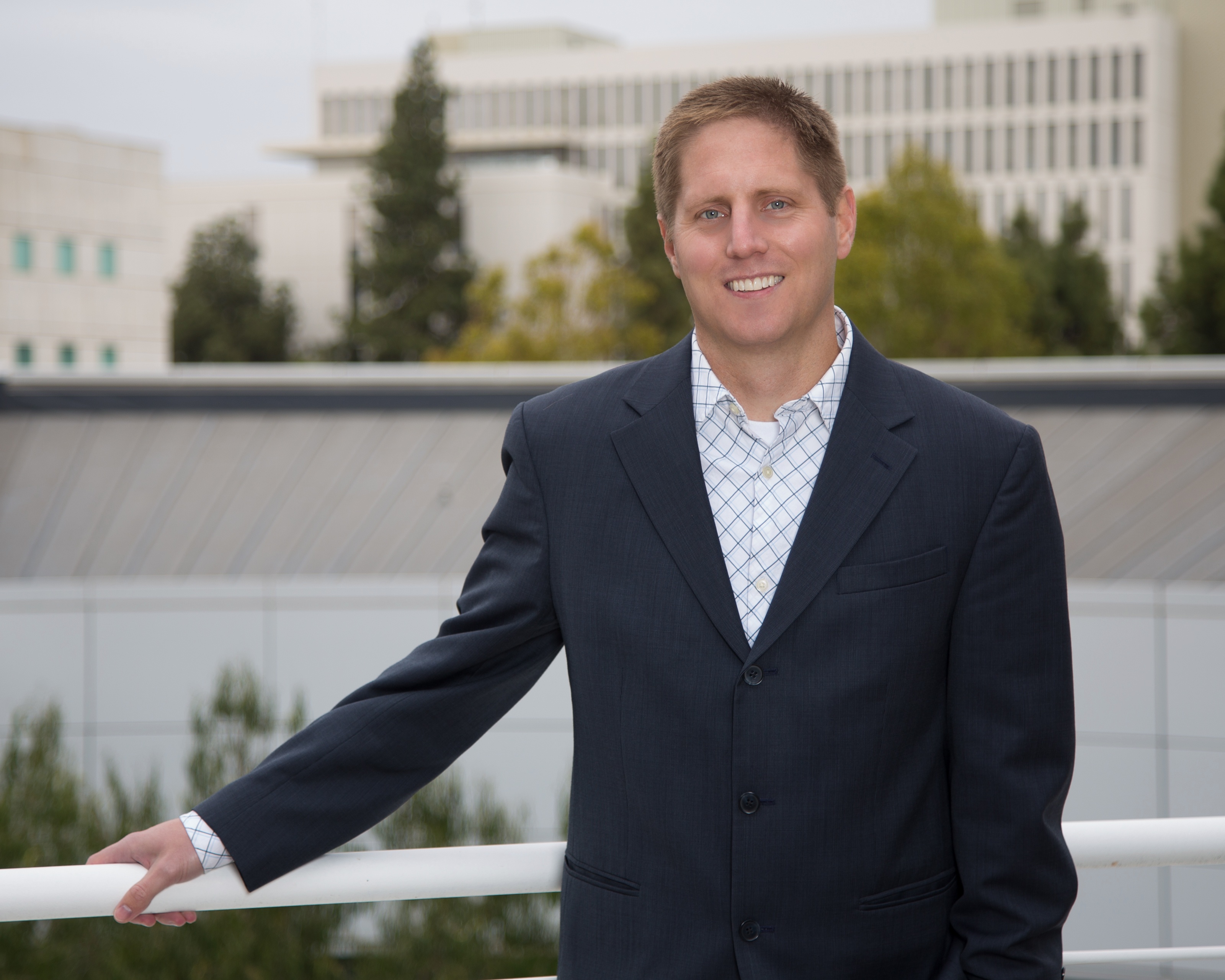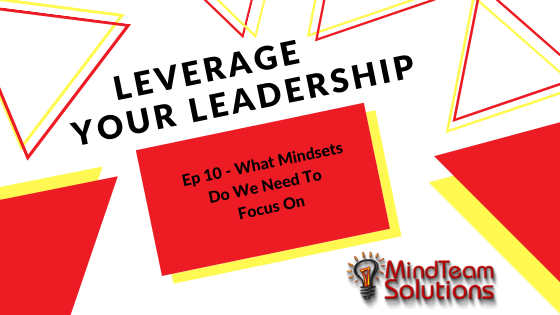Podcast: Play in new window | Download
People say that mindsets are the secret for success. Mindsets are foundational to success, but that’s not a secret. Everybody understands that how we see the world deeply affects the way we operate. The problem is most organizations don’t necessarily know which mindset they should focus on.
Ryan Gottfredson is a leadership professor at Cal State Fullerton. His new book Success Mindsets: Your Keys to Unlocking Greater Success in Your Life, Work, & Leadership.
[0:37] Why it’s so hard to find the right mindset
How to focus on the right mindsets
Mindsets have been studied for decades across multiple disciplines including psychology, education, management, and marketing. And each of these different domains weren’t really talking to each other. But they did arrive at some remarkably similar conclusions. One, that our mindsets drive our thinking and two, that these mindsets largely exist along a continuum from negative to positive.
[3:17] Understanding fixed vs. growth mindsets
- Fixed vs. growth mindset
A fixed mindset believes that we cannot change our talents, abilities and intelligence. A growth mindset believes the opposite. Our belief on whether or not we can change is crucially important. People with a growth mindset primarily focus on learning and growing, they put themselves in opportunities that are rife with challenges and that are they’re likely to fail because they know that they’re going to learn and grow more.
[8:03] The difference between closed on the negative side and open on the positive side
- Closed vs. open mindset
Leaders make a critical error when they close themselves off from feedback. When we believe that we are always correct, then we want to be seen as being right. We want to be one with the answers. We don’t want to ask questions. We don’t want to see different perspectives and we’ll see feedback and disagreement as threats. When we have an open mindset we’re leaving room for the idea that we can be wrong. And when we create that space mentally for ourselves, we no longer become focused on being seen as right, we become focused on finding truth.
[12:13] The difference between a prevention mindset and a promotion mindset
- Prevention vs. promotion mindset
If we were a ship captain in the middle of the ocean, with a prevention mindset, our number one focus is on not sinking. So we don’t want any problems to occur. We don’t want to take any risks. We don’t want to rock the boat. And when a storm comes on the horizon, and we’ve got this prevention mindset. Our natural inclination is to run from the storm and go to a place of safety. We may go to a harbor report or something like that. But then we got to ask ourselves is that harbor or port, the place that we originally set out for? So when we have this prevention mindset, our focus is on running from the difficulties. And when we do this, we’re really being blown about by the winds and the storms of the sea. And we don’t end up in the destination that we initially set-out for. When we have a promotion mindset. It’s not that we’re not concerned about sinking, it’s just that our number one focus is on making progress towards our destination.
[17:50] The difference between an inward mindset and an outward mindset
- Inward vs. outward mindst
When we have an inward mindset, we see ourselves as more important than others. And when we see ourselves as more important than others, we’re inclined to see them as objects. When we have an outward mindset, we see others as being just as important as ourselves. And when we see them as being important as ourselves, and we’re able to see them as people, and people of value, and we’re more inclined to see them as doing their best Now it’s possible to ask questions instead of criticizing.
Ryan Gottfredson’s Bio
Ryan Gottfredson, Ph.D. is a cutting-edge leadership development consultant, author, trainer, and researcher. He helps improve organizations, leaders, teams, and employees by improving their mindsets. Ryan is currently a leadership and management professor at the Mihaylo College of Business and Economics at California State University-Fullerton (CSUF). He holds a Ph.D. in Organizational Behavior and Human Resources from Indiana University, and a B.A. from Brigham Young University. He is the author of “Success Mindsets: The Key to Unlocking Greater Success in Your Life, Work, & Leadership” (Morgan James Publishers). He also works with organizations to develop their leaders and improve their culture (collective mindsets). He has worked with top leadership teams at CVS Health (top 130 leaders), Deutsche Telekom (500+ of their top 2,000 leaders), and a couple dozen other organizations. As a respected authority and researcher on topics related to leadership, management, and organizational behavior, Ryan has published over 17 articles across a variety of journals including: Leadership Quarterly, Journal of Management, Journal of Organizational Behavior, Business Horizons, Journal of Leadership and Organizational Studies, and Journal of Leadership Studies. His research has been cited over 2,000 times since 2014.

Connect with Ryan
- Website: https://ryangottfredson.com/
- Free Personal Mindset Assessment: https://ryangottfredson.com/personal-mindset-assessment
- Success Mindsets book: https://ryangottfredson.com/books

